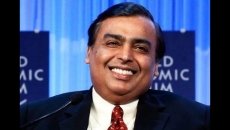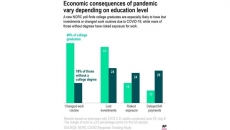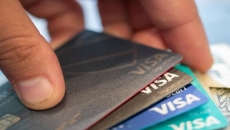Money plays a role in almost every decision you make. Unfortunately, we don’t learn about it in school. Only one in three adults worldwide understand basic concepts of finance and a majority of high school graduates wish they had learned about finance in school. Money may not buy happiness, but it buys people a sense of security and freedom. It is important for children to have a basic understanding of money from a young age so that they can value it and understand what it’s worth. Not only do children learn the value of money, but also responsibility. Money and responsibility go hand in hand; if you pay a bill late you are responsible and therefore there will be consequences.
Ideally, a student should learn the fundamentals of basic finance before high school. They should have somewhat of an understanding of assets, liabilities, tax, expenditures, and different markets. Children should also somewhat understand budgeting. Just like most teenagers, I enjoy playing video games. A few years ago, I wanted to purchase a gaming PC; I asked my father how I could save up. Watching my father trade stocks, I came across the stock market and purchased shares. After a few months, I took my profit and had enough to purchase the gaming PC I wanted. I had essentially budgeted the PC by my own means. Similar little things will not only give children a head-start, but it will also help shape their thinking.
As a young student myself, I believe it is essential for children to get involved with their family’s financial affairs. Ideally, parents should involve their children in every financial decision possible. Whether they are investing in stocks, picking up a line of credit, or simply helping their parents manage a bank account. In my experience, being “involved” in financial decisions has been crucial. Learning hands-on with money was more efficient as it prepared me for situations in the future.
When I was younger I would go to the bank with my family to learn about equity, mortgages, and so forth. My father even bought me a children’s book to teach me about money when I was about seven years old. Even if young adults and children don’t have much support at home, they should take an initiative and learn by their own means. Fortunately, there are well over thousands of videos on money and finances available to everyone.
Younger children under the age of 10-11, should learn basic money management; saving, spending, and giving. This is what I learned as a younger kid and it has come a long way for me. Once children learn about money, they learn responsibility. And once they learn responsibility, who knows what the future holds for them.

Author Abhay Chahal's pic above.






